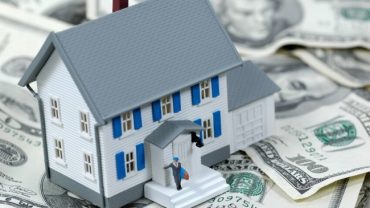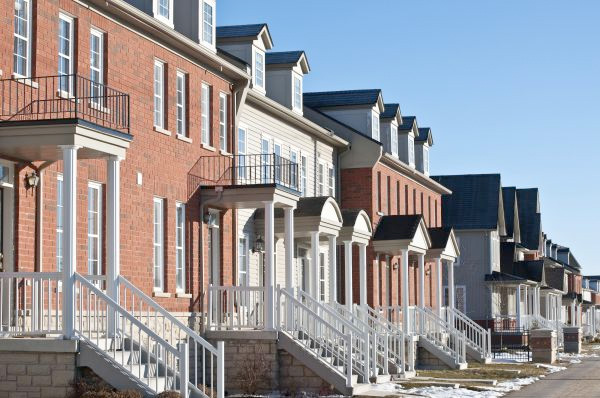7 Tips for Choosing the Right Realtor for you!
If you are wondering who to choose to be your realtor, here goes. The words “agent”, “broker” and “realtor” are used interchangeably but the truth is, they are not one and the same; the term “realtor” refers to a person who is a real estate professional who is a member of the National Association of Realtors and is governed by the rigid code of ethics which does not always have to do with the law.
Experienced
I know that we all have to learn and begin from somewhere but when it comes to selling or buying property, you really do not want a newbie o your hands.
Referrals
Ask those closest to you to refer you to a realtor. They might talk to a friend of a friend and get you a great realtor! Go online and do some investigating yourself.
Check the locale
Not every housing market is the same so a realtor unfamiliar with your locale is bound to make mistakes that come with repercussions.
Types of realtor
If you are buying, the realtor is focused what is best for you while the “selling” broker wants that money fast—taking the largest offer.
Dual agents have buyers as clients can also represent the sellers. A dual agent cannot negotiate on the buyer’s behalf and cannot recommend specific terms, including a purchase price. If you want a true buyer broker without dual agency, be sure to look for an Exclusive Buyer Broker. Split Agents do the same type of work as a dual agent, in that they can represent.
Stay in your financial lane
Don’t put yourself into trouble by not making this point clear. You can afford only what you can afford. Let your realtor keep this in mind when shopping for a house. If your budget is $400,000 then that is that.
Interview a realtor for the best match
Never let an agent “buy your listing”
If an agent says your house can be sold for substantially more money than the other agents quoted you, they’re probably telling you what they think you want to hear in order to get your listing. Or, they may not be familiar with the market in your town or neighborhood. “Statistics show that properties which are over-priced when they are listed stay on the market longer and sell for less than if they had been properly priced from the start,” says AHA’s Roll.





